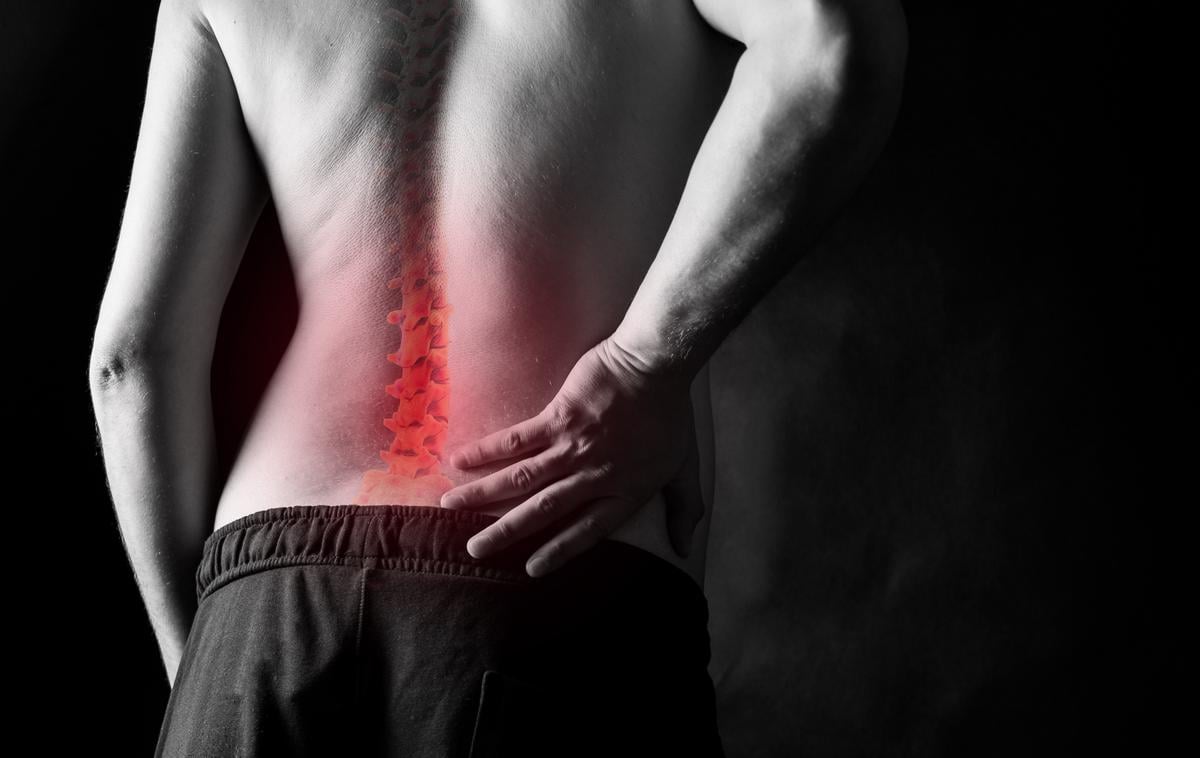Unlock Relief: Simple Daily Habits That Conquer Chronic Back Pain, Researchers Reveal

Unlock Relief from Low Back Pain: Lifestyle Changes That Make a Difference
If you're battling persistent low back pain, the solution might be closer than you think. Emerging research suggests that transforming your daily habits could be more effective than traditional treatments in alleviating discomfort and improving your overall quality of life.
Many people suffering from chronic back pain often overlook the powerful impact of lifestyle modifications. Simple yet strategic changes in diet, exercise, posture, and stress management can significantly reduce pain and prevent future complications.
Key Lifestyle Strategies to Combat Low Back Pain:
- Maintain a healthy weight to reduce strain on your spine
- Incorporate regular stretching and low-impact exercises
- Practice proper ergonomics at work and home
- Manage stress through meditation and relaxation techniques
- Ensure adequate sleep and rest
By taking a holistic approach to your health, you can potentially find more sustainable relief from low back pain than relying solely on traditional medical interventions.

